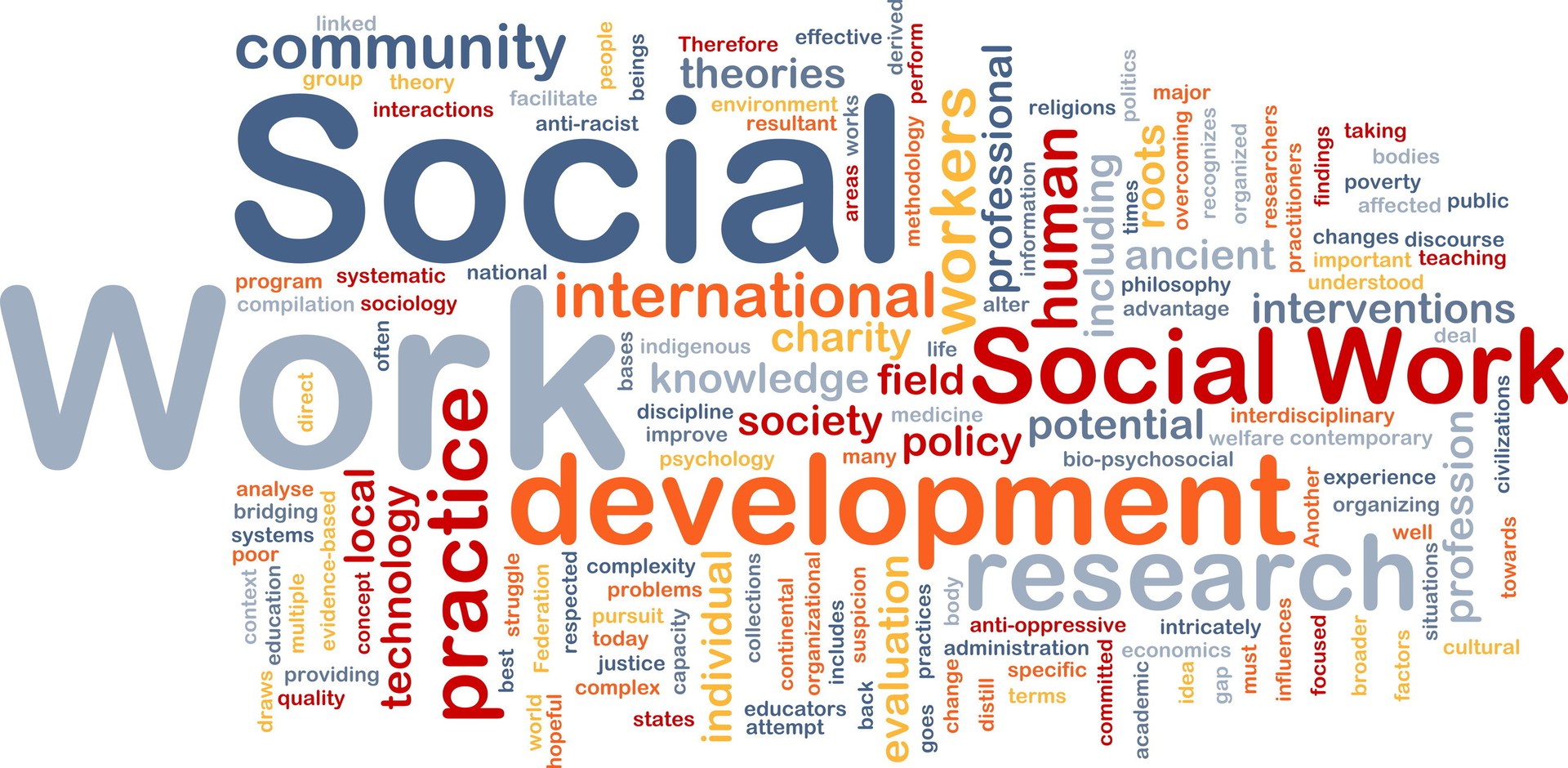Title
Religiosity, Social Support, and Life Satisfaction Among Elderly Korean Immigrants
Journal Title
The Gerontologist
Publication Date
2012
Abstract
Purpose: The present study tested Smith’s (2003. Theorizing religious effects among American adolescents. Journal for the Scientific Study of Religion, 42, 17–30. doi:10.1111/1468-5906.t01-1-00158) theory of religious effects to explore the relationship of religiosity, social support, and life satisfaction among elderly Korean immigrants. The study investigated the mediating role of social support to the relationship between religiosity and life satisfaction.
Design and Methods: We hypothesized that religiosity would be positively associated with life satisfaction and that the relationship between religiosity and life satisfaction would be mediated by social support. Structural equation modeling was used to test the proposed hypotheses with a sample of 200 Korean immigrant older adults in New York City (mean age = 72.5, range = 65–89). Results: We found that greater religiosity was related to greater life satisfaction and that social support partially explained the positive relationship between religiosity and life satisfaction.
Implications: Results indicated that religious engagement and social support could be significant factors to improve the quality of life among elderly Korean immigrants. Social services that facilitate religiosity and social support may be beneficial for Korean elders’ life satisfaction. Future studies are invited to replicate this study for diverse ethnic groups of elderly immigrants.
Keywords
Religious effects, Mediating effect, Structural equation modeling
Document Type
Article
Disciplines
Social and Behavioral Sciences | Social Work
Volume
52
Issue
5
First Page
641
Last Page
649
DOI
10.1093/geront/gnr103
Recommended Citation
Park, Jisung; Roh, Soonhee; and Yeo, Younsook, "Religiosity, Social Support, and Life Satisfaction Among Elderly Korean Immigrants" (2012). Department of Social Work. 43.
https://red.library.usd.edu/socialwork/43


